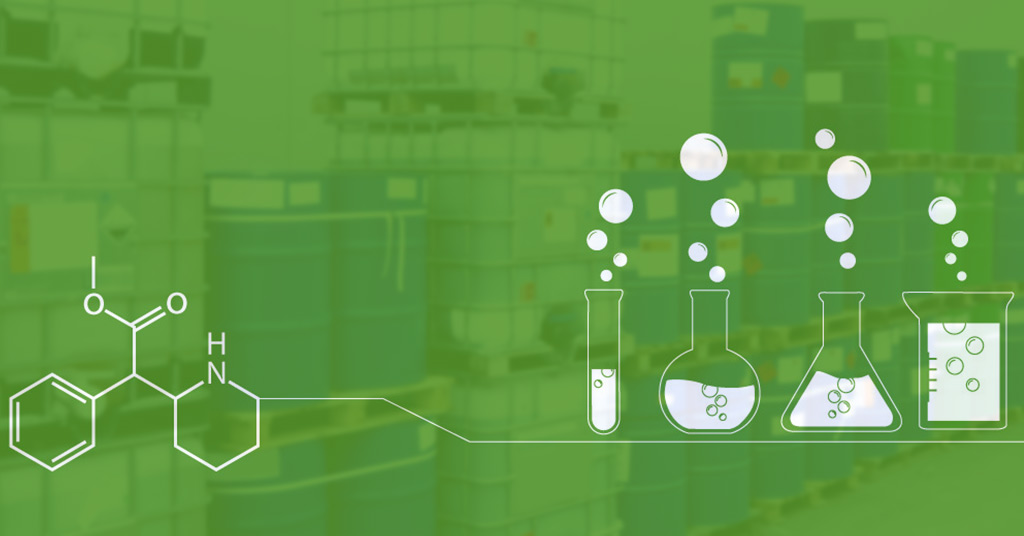Welcome To ChemAnalyst

Indonesia: Indonesia has to import almost one million metric tons of Soda Ash each year due to its high demand in everyday social life. As per sources, it is estimated that in 2022, the imports of Soda Ash for domestic needs will reach 916,828 metric tons annually, with an expected increase up to 1.2 million metric tons per year by 2030.
Despite Indonesia's continued dependence on Soda Ash imports, PT Pupuk Kalimantan Timur (PKT), the country's leading petrochemical company and the largest fertilizer producer in Southeast Asia, sees this as an opportunity. As an alternative to importing Soda Ash, PKT plans to focus on domestic production to meet the country's growing demand.
PKT is making strides towards implementing a circular economy by utilizing the CO2 by-products that are produced from existing Ammonia factories. They will use these by-products to produce downstream products that offer additional value to their customers.
PKT, a manufacturing company, has decided to utilize their factory emissions of CO2 and the by-product of producing urea, Ammonia, to produce Soda Ash. With this new initiative, PKT aims to reduce the reliance on imports and meet the domestic demand for Soda Ash.
With their current capabilities, the company plans to meet up to 30 percent of the national needs, which amounts to 300 thousand metric tons per year (MTPY). This strategy will not only aid in sustainable growth but also promote a shift towards environmentally friendly practices.
In the coming years, the distribution of Soda Ash will primarily target the regions of West Java and East Java, followed by Riau, South Sumatra, and North Sumatra. These regions have a high demand for Soda Ash, estimated to reach up to 789 tons per year, as it is used as a core material in the manufacturing of glass, ceramics, detergents, and other products.
The construction of PKT's Soda Ash factory will not only reduce the company's CO2 emissions burden, but it will also promote circular economy practices by utilizing the material for industry and people's daily needs. Additionally, the factory has the potential to absorb approximately 170,000 tons of excess non-combustion CO2 per year.
PKT, a prominent petrochemical industry player, sees opportunities in Indonesia for Soda Ash production to decrease reliance on imports in the future. This initiative also aligns with the company's goal to achieve net zero emissions by 2060. PKT aims to convert emissions and excess production from factories into new value-added commodities as part of this target.
We use cookies to deliver the best possible experience on our website. To learn more, visit our Privacy Policy. By continuing to use this site or by closing this box, you consent to our use of cookies. More info.
